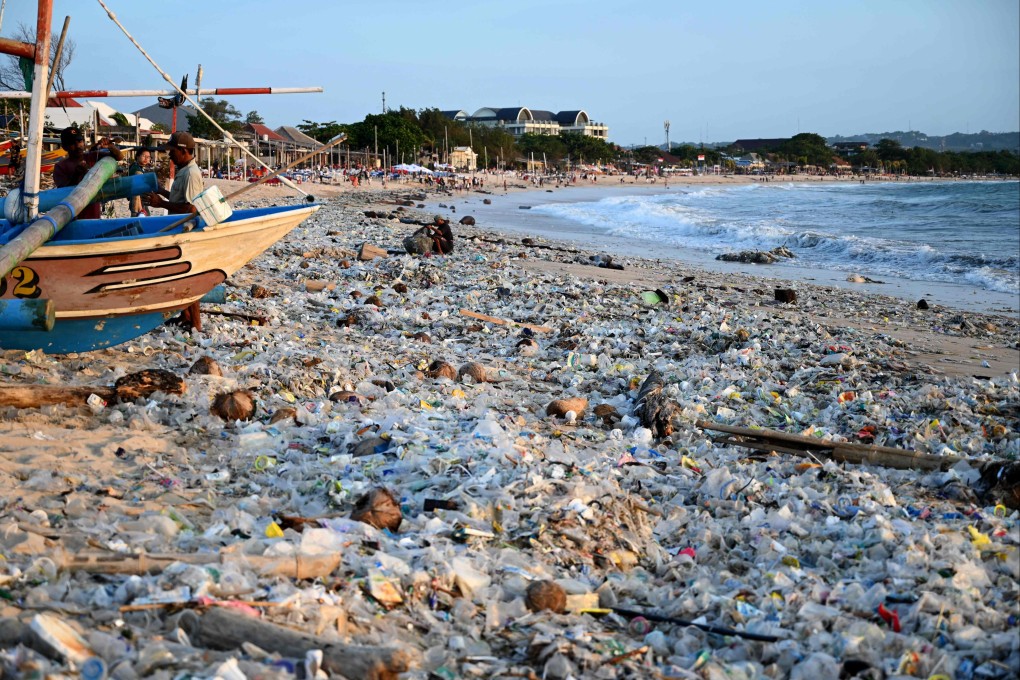Opinion | Hong Kong’s One Earth Summit must set sustainability standards, not hide behind superficial talk on green deals
- Shaking up how sustainability finance is leveraged and directed to tackle priority issues requires that governments take the lead
- It shouldn’t be left to the whims of financiers. New policy parameters and standards for taking firm action on sustainability are needed

We can expect the meeting to attract global business leaders and many of Asia’s top sustainability financiers. There’s hope that they will help steer investment into much-needed areas. But they need to avoid drinking the Kool-Aid of “saving the planet” through capital flows, glossing over the real crises we face.
Why? Because otherwise, the conference will turn into just another platform for investors to showcase their green credentials and do deals. They need to avoid pious talk about biodiversity loss and the circular economy while continuing with business-as-usual in their approaches to deal-making. Most importantly, they need to come to these meetings informed and with a desire to openly discuss and tackle the tough and uncomfortable issues.

The Giving to Amplify Earth Action initiative aims to bridge the financing gap of US$3 trillion needed annually for climate and nature solutions. But this continuing and seemingly comforting reliance on philanthropy brings with it cognitive dissonance. The logic of using money made through entirely unsustainable means to restore a broken planet needs to be explained and scrutinised to build trust. The world is watching and it is increasingly hostile to the fake “green” actions of global elites.
After all, why do we need such a colossal amount of finance in the first place? And why does the number seem to get larger every year? Does the money target Asia’s real needs or just suit the business motives of investors and bankers? This myth has to be challenged that yet more money from investors is needed. It runs the risk of misleading the public and policymakers into believing that market solutions are the only way forward, instead of taking clear but dramatic policy actions first.
Fundamentally, we are unwilling to confront the elephant in the room: our global economic model is at war with the planet and is fuelled by predatory and fickle capital, which believes it is entitled to extraordinary returns. This model is premised on promoting relentless consumption, underpricing resources and the externalisation of true costs, resulting in the convergence of existential threats we see today.
The answers lie in wielding effective development and economic policies (e.g. low-cost housing, forest protection, proper waste management) and ethical governance (e.g. ending speculation in housing markets) at the national and corporate levels to prevent much of the damage inflicted by our economic model at the source.

